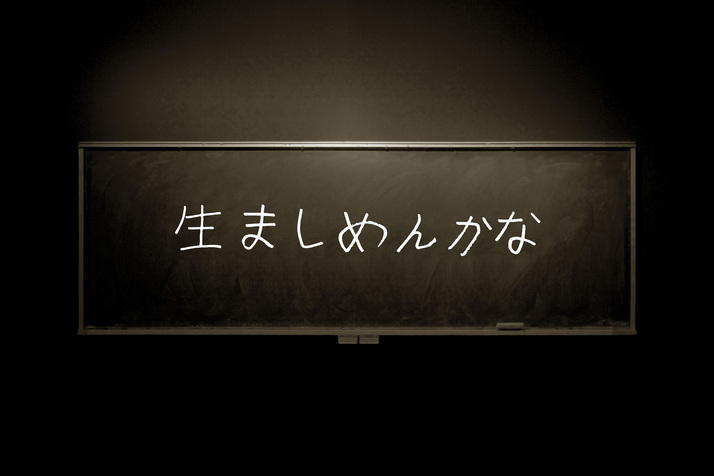
R
E
V N
E
X
T
Portrait of ALFREDO JAAR at Savannah College of Art and Design (SCAD) Museum of Art. Photo by Adam Kuehl. Courtesy SCAD. Image via SCAD.
On October 30, the Hiroshima City Museum of Contemporary Art (HCMCA) announced artist, architect and filmmaker Alfredo Jaar as the winner of the 11th Hiroshima Art Prize. Granted by the City of Hiroshima, the international triennial prize recognizes artists who have promoted peace and the “Spirit of Hiroshima,” according to the HCMCA website. As part of the award, an exhibition of Jaar’s works will open at the museum in 2020.
Commenting on the decision, the HCMCA noted Jaar’s participation in the exhibition “After Hiroshima,” held at the museum in 1995 to commemorate the 50th anniversary of the atomic bombing of the city by United States forces during World War II, as well as the artist’s recent focus on events in Japan. The museum stated in the press release that the 2020 exhibition “will showcase new works that conceptualize Hiroshima as a contemporary issue.”
Born in Santiago, Chile, Jaar has been based in New York since the early 1980s. Over the past four decades of his career, Jaar has employed a range of mediums to engage with issues of social responsibility in art, and media representations of human tragedies, including the post-1975 Vietnamese refugee crisis.
Notably, Jaar’s We Shall Bring Forth New Life (Umashimenkana) (2013) memorializes a group of schoolchildren who were killed during the Great East Japan Earthquake of 2011. The mixed-media installation, comprising a video projection, a large plexiglass tray filled with chalk, and 12 blackboards salvaged from the destroyed school where the children died, was titled after a poem by antinuclear activist Sadako Kurihara, which tells of the birth of her neighbor’s baby on the evening when the nuclear bomb fell on Hiroshima in 1945.
In a message accompanying the HCMCA web announcement, Jaar stated: “In these dark times, the “spirit of Hiroshima” is more necessary than ever. As Sadako Kurihara suggested in her magnificent poem ‘Umashimenkana,’ I must try, and will try to ‘bring forth new life’.”
Dennis Mao is an editorial intern of ArtAsiaPacific.
To read more of ArtAsiaPacific’s articles, visit our Digital Library.










